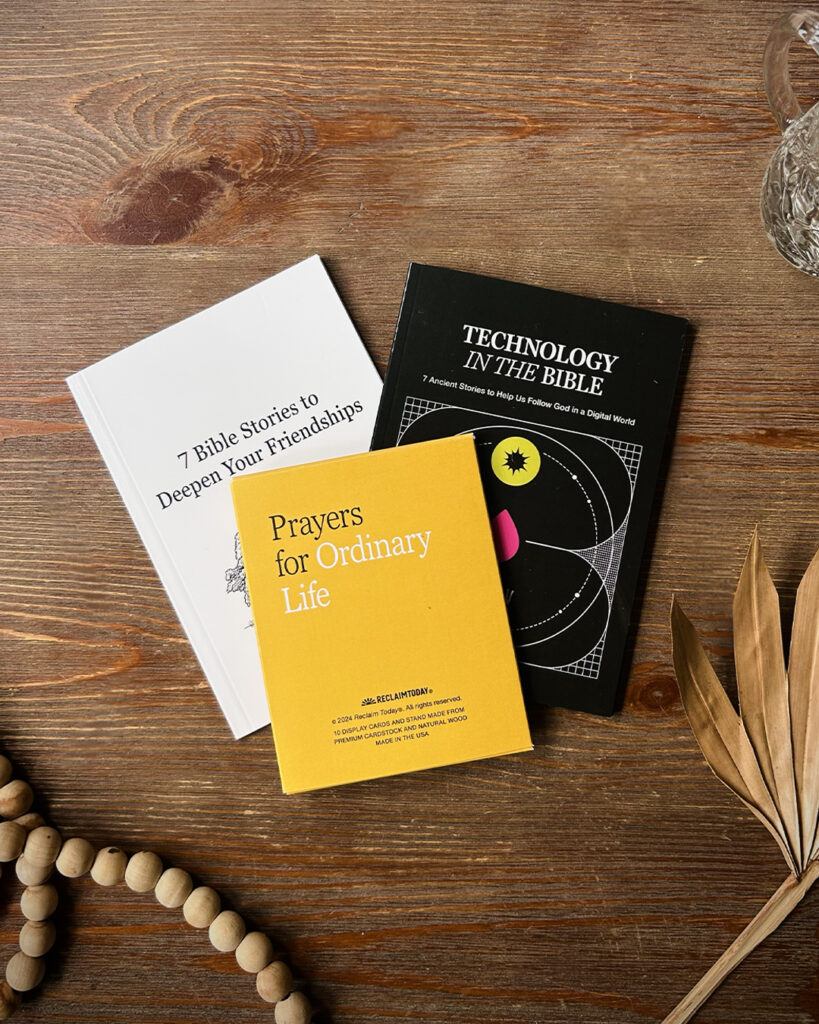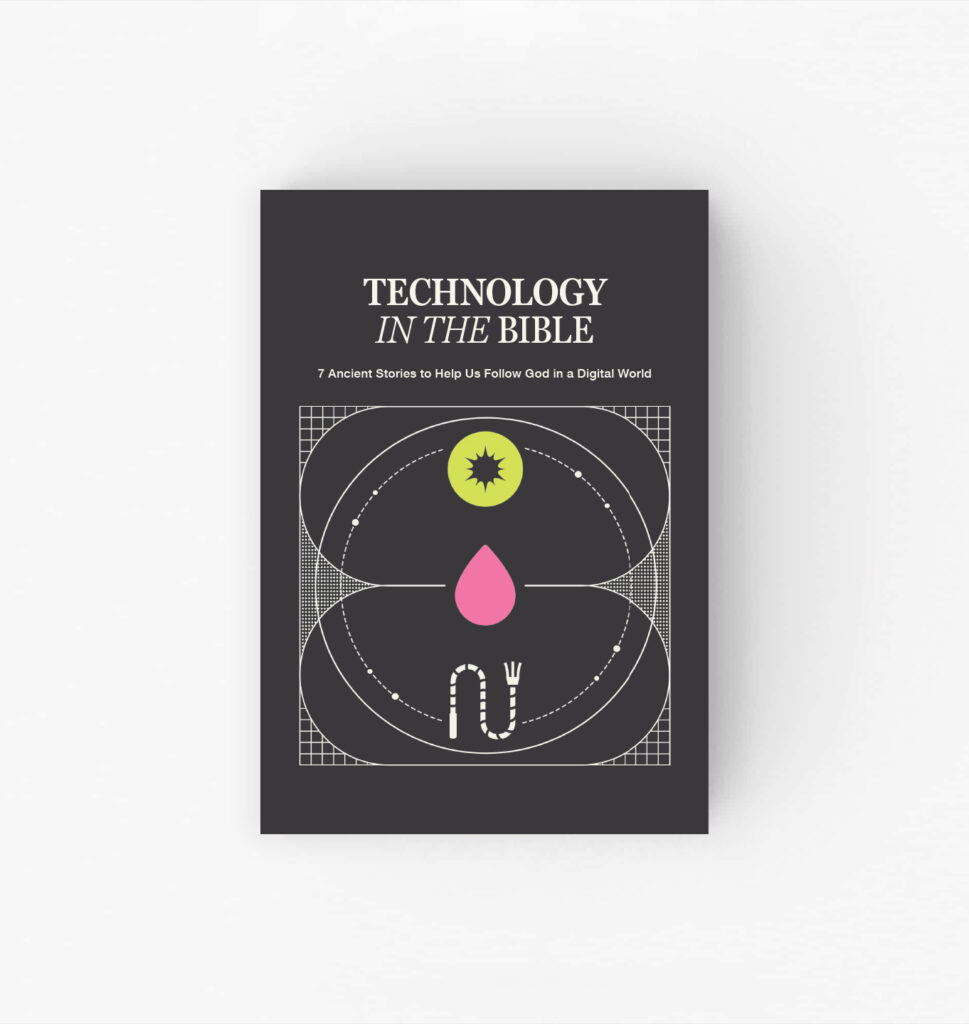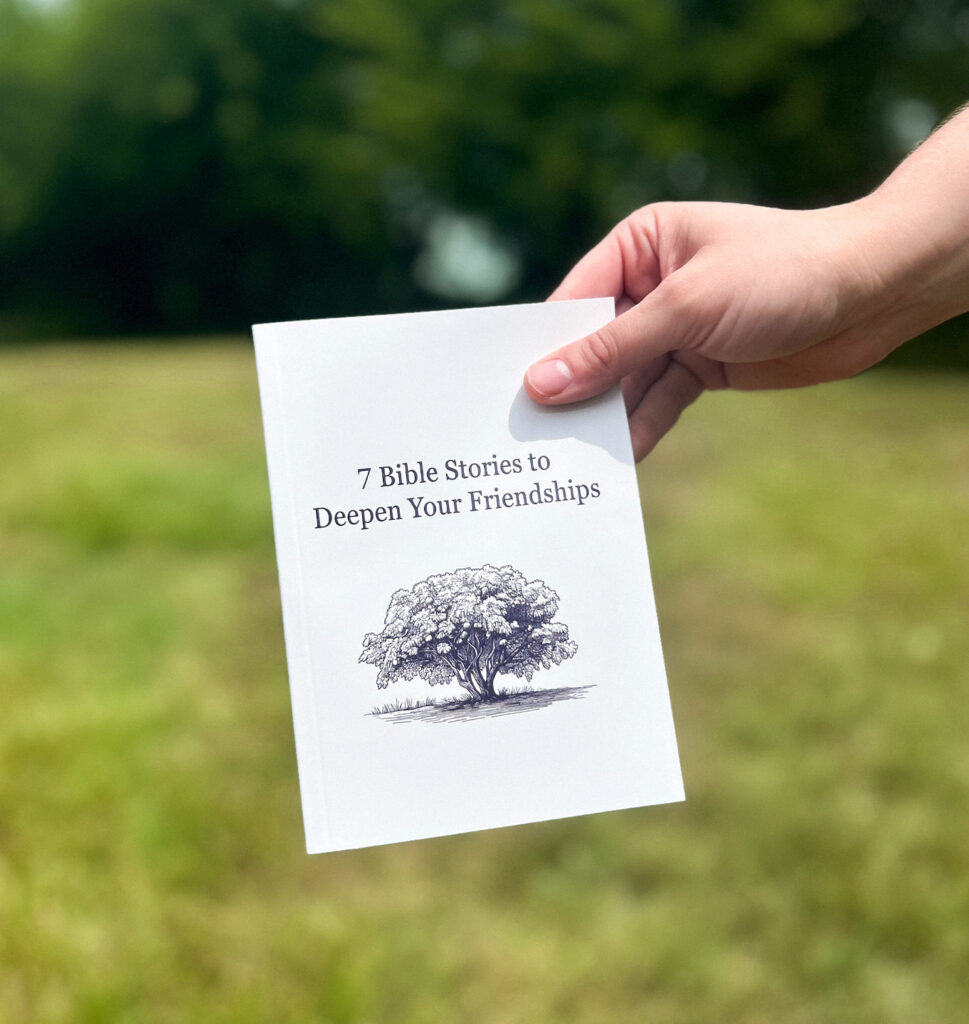We live in a world where it’s easy to treat our bodies like machines, projects, or even burdens. Social media tells us to perfect them. Hustle culture tells us to ignore them. And sometimes, faith communities unintentionally imply that the real spiritual stuff happens in our souls and disregard our bodies altogether.
But Scripture tells a different story. From the dust of Eden to the resurrection promise, the Bible paints a picture of our bodies as things that are deeply good. Our bodies aren’t mistakes. They aren’t obstacles to overcome. They are gifts from God—and sacred spaces where we encounter him.
Here are five biblical truths that invite us to see our bodies not as distractions from faith, but as part of how we live it.
1. God Made It—On Purpose
“Then the Lord God formed a man from the dust of the ground and breathed into his nostrils the breath of life, and the man became a living being” (Genesis 2:7).
Your body isn’t an accident or an afterthought—it’s the work of a Creator who forms with care. Genesis tells us God didn’t just speak us into being; he formed us from the dust and breathed life into us. That physical, intimate act says something powerful: God values our embodied life.
In a culture that tells us our worth lies in appearance or productivity, we’re invited to reclaim the truth that our bodies have dignity simply because God made them. Our senses, emotions, and movements are all ways we get to experience his world—and his love.
2. Jesus Took on Flesh. He Didn’t Despise It, and Neither Should We
“The Word became flesh and made his dwelling among us” (John 1:14a).
God didn’t come to rescue us from our bodies—he came to meet us in them. When Jesus became human, he didn’t float above the mess of the world. He entered it fully, taking on flesh, eating meals, feeling exhaustion, weeping at loss, and embracing the joy of physical presence.
The Incarnation is a divine affirmation of the body. Jesus shows us that being human, in all its physicality, is not something to escape or be ashamed of. It’s something to embrace. When we follow him, we’re invited to honor our bodies—not despise them—as part of how we follow and love God.
3. Your Body Is a Temple, Not a Throwaway
“Do you not know that your bodies are temples of the Holy Spirit, who is in you, whom you have received from God? You are not your own; you were bought at a price. Therefore honor God with your bodies” (1 Corinthians 6:19–20).
We’re used to thinking about temples as holy places—sites of worship and sacred encounters. But Scripture says we are temples. Our bodies are places where God dwells through his Spirit. This means how we treat them matters. But that doesn’t mean we have to achieve some perfect physical standard.
Instead, it’s about choosing to care for what God has entrusted to us. Rest, nourishment, movement, and boundaries aren’t selfish but sacred acts of stewardship. Tending to our health, mental and physical, can become part of how we worship.
4. Rest Isn’t Weakness; It’s Obedience
“Remember the Sabbath day by keeping it holy” (Exodus 20:8).
The God who created the universe in six days could have kept going. But he chose to rest—and then commanded his people to do the same. Rest isn’t lazy. It’s holy. It’s a declaration that our worth isn’t measured by how much we produce.
Jesus, too, stepped away from crowds, took naps in boats, and found quiet places to pray. If he could prioritize rest in a life filled with ministry and need, we can too. Taking care of our bodies means learning to pause. Sabbath is a gift—and receiving it is an act of faith.
5. Resurrection Is Physical, Not Just Spiritual
“So will it be with the resurrection of the dead. The body that is sown is perishable, it is raised imperishable” (1 Corinthians 15:42).
The Christian hope isn’t escape from the physical world. It’s the renewal of it. When Scripture talks about resurrection, it isn’t just about souls going to heaven—it’s about real bodies being raised, restored, and glorified in a renewed creation.
This truth gives weight to our present lives. What we do with our bodies—how we care, connect, heal, and move—matters not just for now, but for eternity. The promise of resurrection tells us: God isn’t done with our bodies. He will redeem them.
Your everyday, embodied life is full of spiritual meaning. Whether you’re brushing your teeth, stretching sore muscles, or taking a deep breath after a long day, God is with you in your body. Let these truths ground you, challenge you, and remind you: your physical life is part of your spiritual one.




